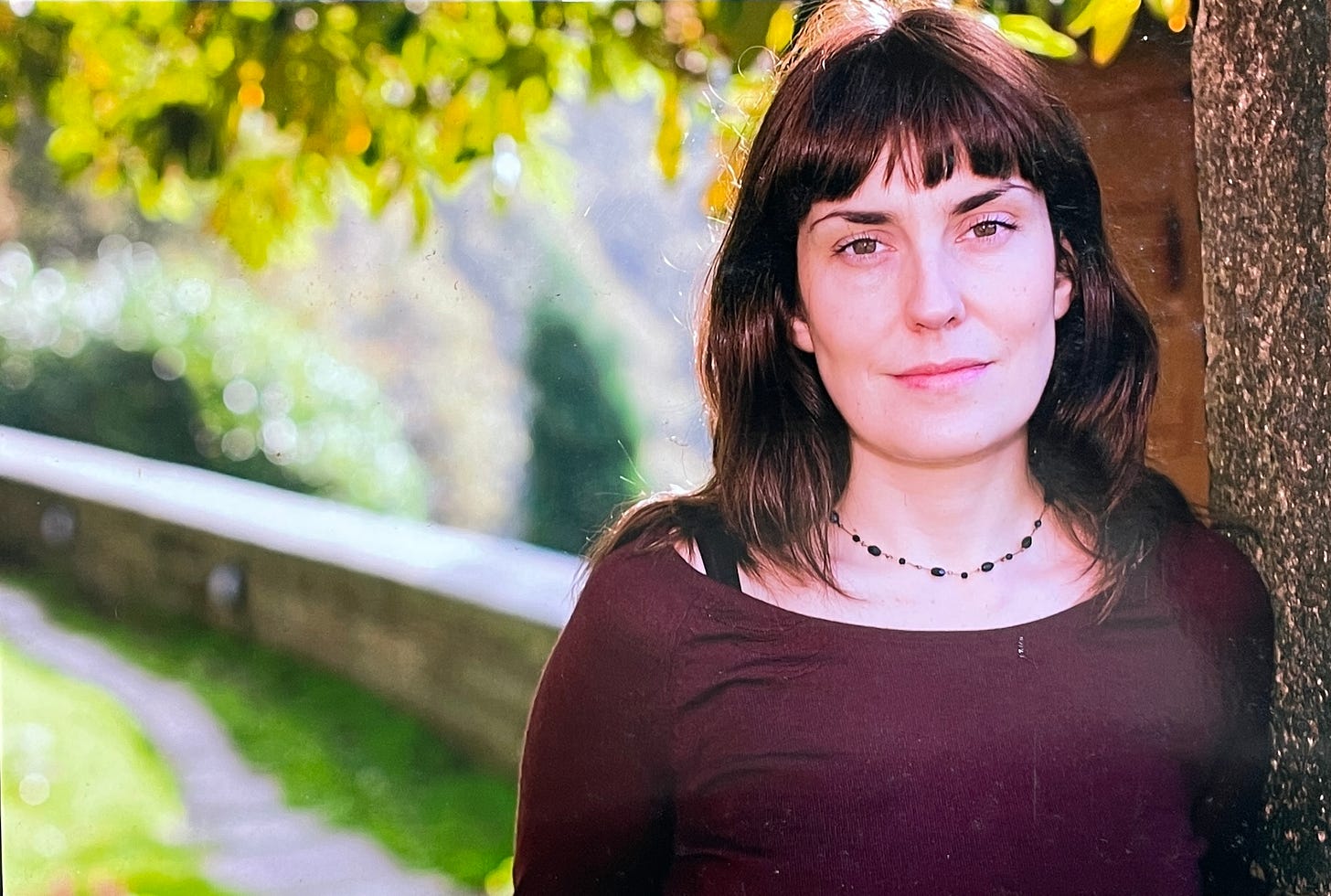When writers do promotional talks they often share the backstory of their book: where, when and how they were struck by a spark of inspiration.
My lightbulb moment arrived at Lumb Bank, the Ted Hughes Arvon Centre for writing, the site of many creative inspirations. This week I returned to Lumb Bank to give a guest reading. However, rather than talk about life-changing breakthrough I told the audience about a block.
Back in 2010 I landed my dream job as a centre director running an Arvon writing centre in my home town of Hebden Bridge. I’d started my career many years before, working on the shop floor of a high street bookshop, moving into publishing as an editor, then managing teams of writers in broader communication roles.
I was a keen short-story writer, part of an engaged and supportive writing group, and getting positive feedback on my initial story submissions. I had high hopes for my new job, seeing it as the break I needed: the job would give me inspiration, a network, connections, everything I needed to make it as a writer.
Instead, I stopped writing.
In theory I had everything needed for creative success – I was ambitious, motivated and surrounded by the best writers of a generation. But rather than supercharge my creativity I was stuck, blocked and unable to find the time, energy or ideas to write.
The puzzle of the perfect writing environment
I became fascinated by the difference between my own failed attempts and those who achieved success with their writing. What were the tutors and guest readers doing right? And what was I doing wrong? How did they keep going when I had stalled? Was it innate talent, innovative ideas, feats of willpower and persistence, or the perfect writing routine?
I researched people’s writing habits. I went deep into academic papers on the psychology of creative practice and persistence. I spoke to aspiring and successful writers about how they got the writing done and what stops them. In hindsight it looks like an epic exercise in procrastination, but it was a spark of curiosity that took my writing in a completely different direction.
I started a blog about adventures in writing habits. I interviewed writers, shared stories and research, and passed on practical tips on things to try. My obsession with creative persistence spread to my husband Chris and after a decade led to us co-writing Written: How to Keep Writing and Build a Habit That Lasts.
Your writing superpower
One simple idea drives our work: noticing how you write and taking a more mindful experimental approach is the most powerful thing you can do to gain a happier, healthier and more productive relationship with writing.
Since 2010 I have learnt a lot about my own writing. I have tried lots of different approaches and found a system that works for me. That system has, of course, changed over time as my life changed, it’s also different depending on what I’m writing and where I am in the writing process. I figured out what I need to keep going and along the way Chris and I have helped countless others do the same.
Ask us anything
We are doing a Zoom Q&A on Tuesday 21 February at 6pm GMT. You can sign up via Eventbrite: Why Productivity is Personal with Bec Evans.
If you’ve got any questions you’d like us to answer, post in the comments below, reply to the event email once you’ve sign up or ask us live during the session.
I can’t wait to answer your writing dilemmas and share tips on how you can find a writing habit that’s personal to you and your life.
Bec Evans in 2010 looking all wistful and dreamy at Lumb Bank. Credit: Sarah Mason.







I really enjoyed the webinar on Tuesday (https://prolifiko.com/events/) and fortunately received a copy of Written for my birthday so I’m looking forward to diving into that soon. Fantastic to hear how much research has underpinned the book and particularly involving Angela Duckworth. I genuinely do think it’d be an exciting prospect to experiment with different patterns of writing to see which ones specifically help me with my creative process. First step for me has been to force my devices to only allow me to access my writing tools during my writing time to minimise distraction. 🤞